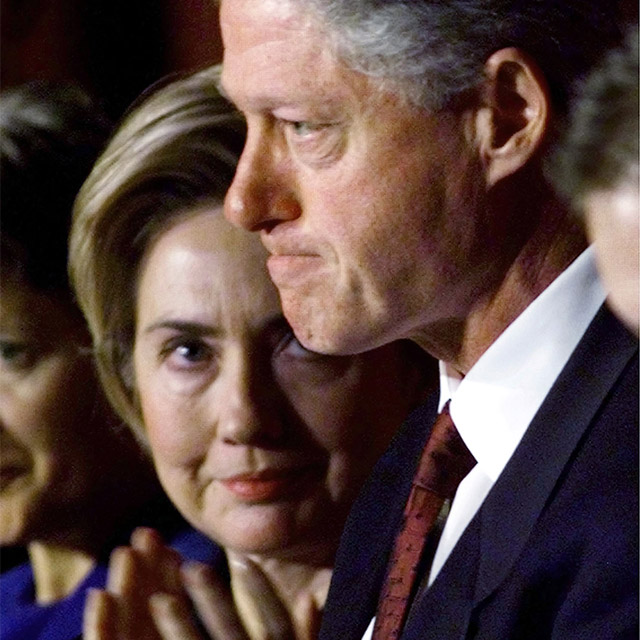Justice Clarence Thomas has recently spoken out about his colleague Justice Ketanji Brown Jackson, who was nominated by President Joe Biden, citing her “racist worldview” as the basis for his criticism.
In June, the Supreme Court voted 6-3 to overturn race-based college admission standards and Chief Justice John Roberts wrote in the ruling that “Eliminating racial discrimination means eliminating all of it.”
However, in a dissent Jackson argued that this would actually make things “worse” for minorities because “race still matters to the lived experiences of all Americans in innumerable ways.”
She further stated that deeming race irrelevant in law does not make it so in life and that no one benefits from ignorance.
In his concurrence with the SCOTUS ruling, Thomas noted that “Racialism simply cannot be undone by different or more racialism.”
He then went on to state that “the solution announced…is incorporated in our Constitution: that we are all equal, and should be treated equally before the law without regard to our race.”
Furthermore he disagreed with Jackson’s unsubstantiated claim that the United States is a “fundamentally racist society” and argued instead that people discriminate against each other for a whole host of reasons but under the 14th Amendment they should all have equal rights regardless of skin color.
He ended by saying “Make no mistake: Her dissent is not a vanguard of the innocent and helpless. It is instead a call to empower privileged elites.”
There seems to be some disagreement between these two justices over whether or not colorblindness should be applied within U.S law or if there needs to be special consideration given due to past injustices faced by minorities within America’s history.
On one hand you have Clarence Thomas who believes it is wrong for courts to defer judgement based on someone’s skin color as this goes against what was promised during America’s Second Founding.
On the other hand you have Jackson who argues (with statistics) that race still matters today in many aspects of life and so institutions need to be able allow some form of discrimination – albeit positive towards historically disadvantaged races – so they can ‘level the playing field’ for those at risk of falling behind.






